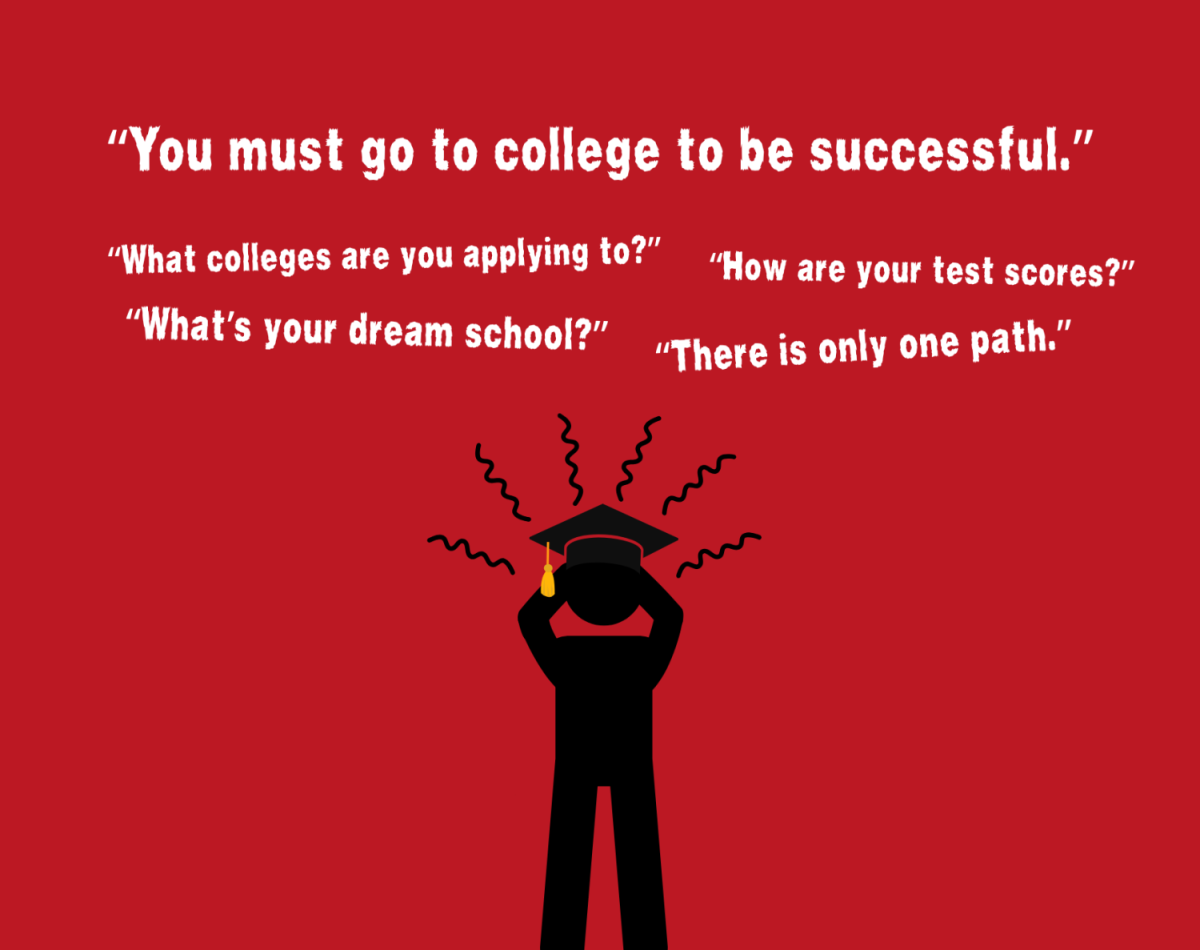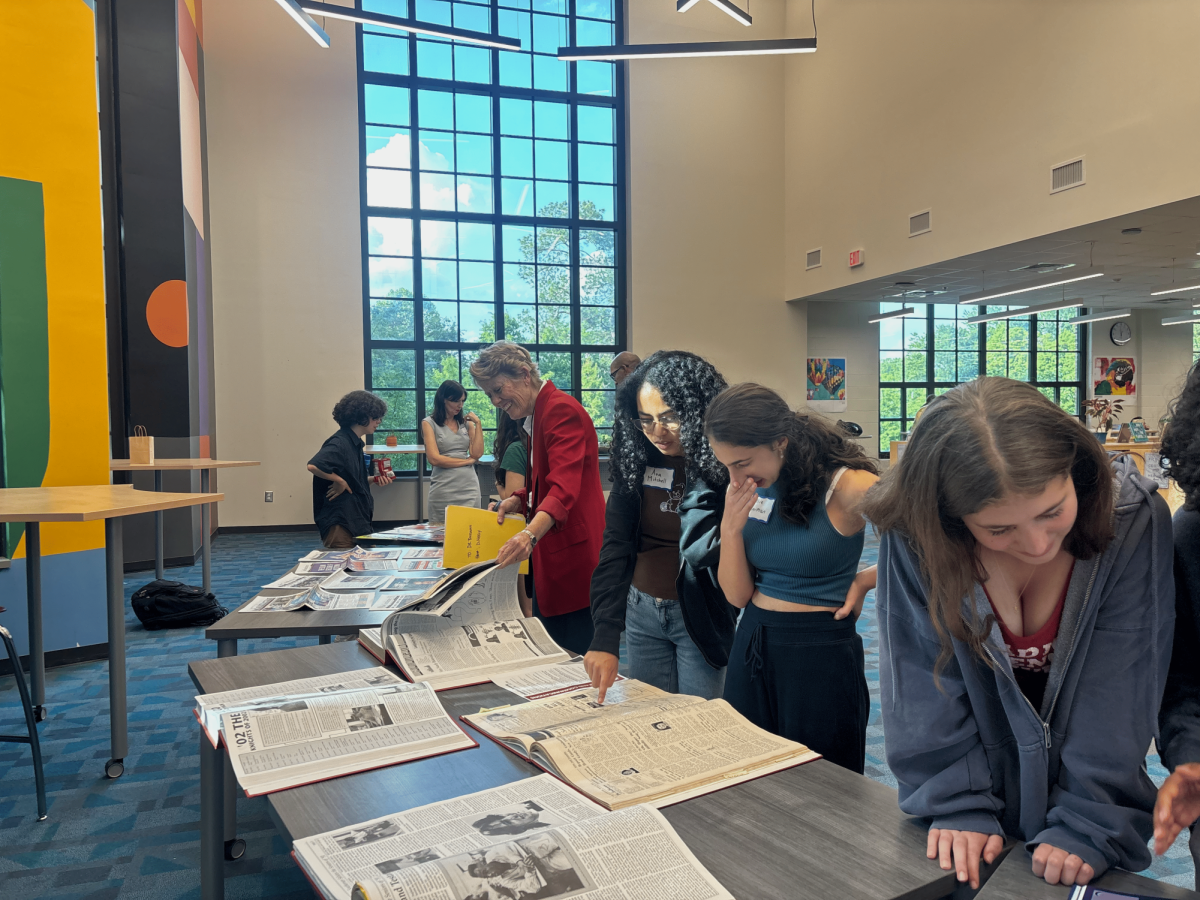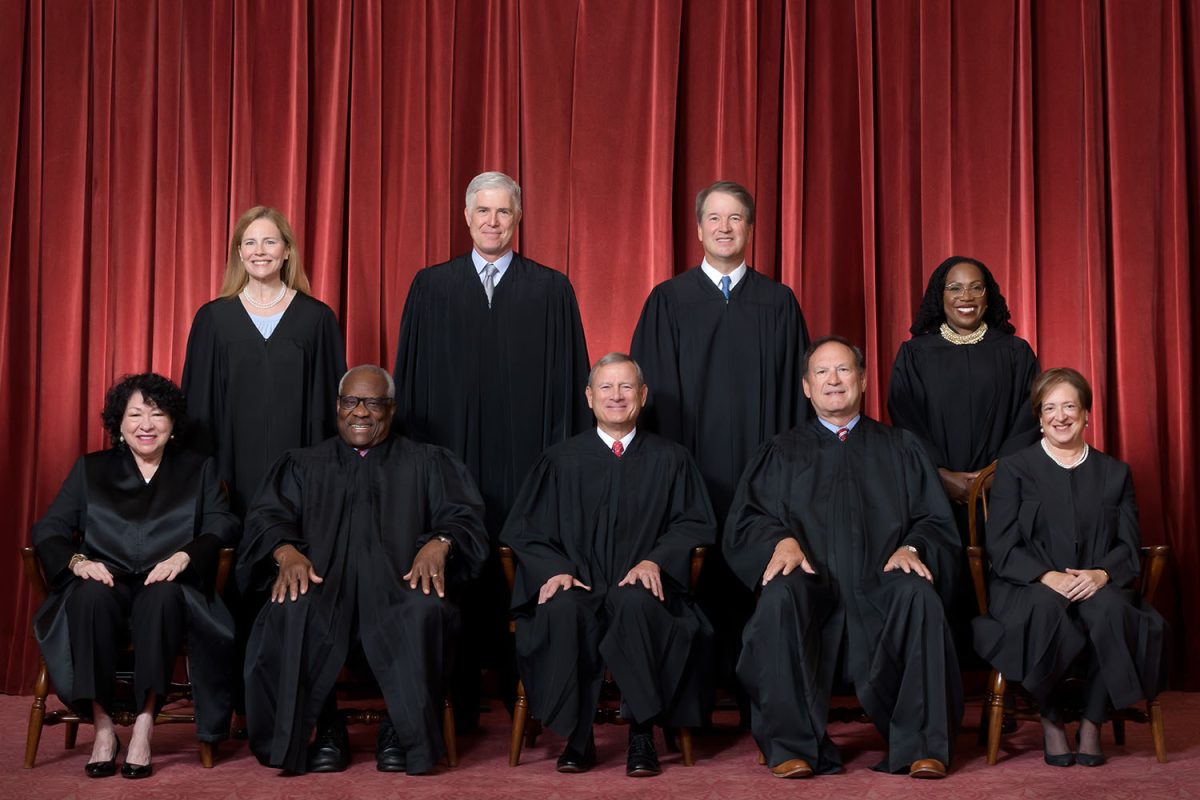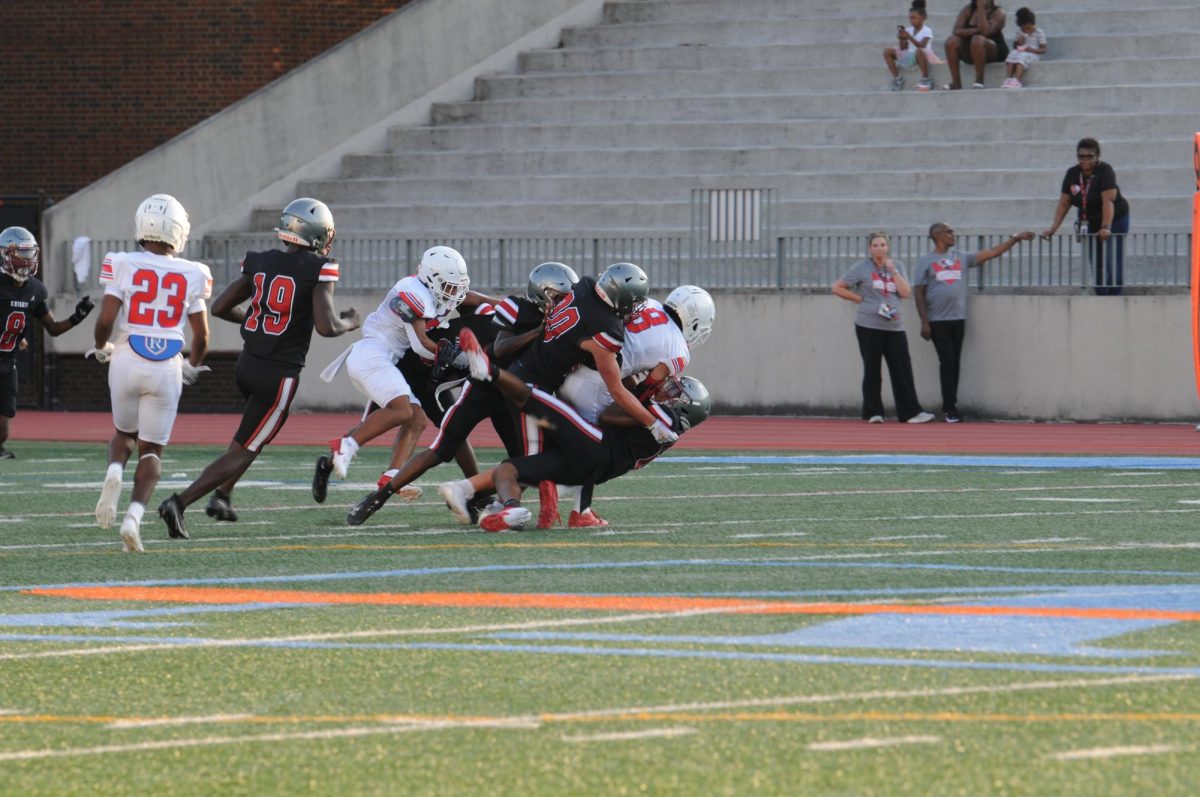Advisement is better spent sleeping
By Harrison Thweatt
Advisement has been a constant during my four years at Henry W. Grady High School. Every Wednesday, at 9:43 a.m., the bell rings, signaling the transition to advisement. Students would enjoy the state-suggested 90 minutes of advisory, in which they could finish assignments, work on college applications, retake tests, catch up on missed work and speak with teachers.
This, however, changed at the beginning of this school year. As of Wednesday, Aug. 3, 2016, Grady students were required to participate in a new social and emotional learning (SEL) curriculum, which drastically limits students’ ability to settle in and be productive.
Along with this shortened period, round table “therapy” sessions will be introduced in the near future. With these counterproductive activities interfering with the short period, students are unable to keep up with their work, and stress levels rise.
Students involved in multiple extracurricular activities rely on advisement to make up tests and assignments because they cannot attend regular after-school tutorial sessions. Advisements are also based on student interest and academic clubs. Some of these focused advisements include homerooms for debate, robotics and Latin.
With these imminent changes to the focus of advisement and the interrupted period, teachers are not able to effectively lead their homerooms in activities for their organizations. My debate homeroom uses practically the entire period effectively to prepare for upcoming tournaments, write cases and make special announcements. It is extremely difficult to accomplish all of this in the district-mandated filled advisement period.
Now that this time has been intertwined with the futile emotional-instruction periods, much of this work becomes impossible. In addition to this, students are not allowed to leave advisory to make up work, and advisers often are instructed to interrupt the period to take useless surveys or hand out various district-required materials.
Students are also often required to attend lengthy meetings or seminars in the cafeteria or auditorium. The topics discussed in these meetings could easily be addressed over the announcements or with a letter and robocall from the school office.
Teachers and students find the new advisement periods are often wasted because they are too short to begin any activities, but they offer just enough time for boredom to set in.
This wasted time increases the already large amounts of time students must spend studying outside of the classroom. Now on top of these almost monthly interruptions, SEL will be made mandatory for student and adviser participation.
These SEL periods are most likely done in vain. We have been informed by teachers that they are to help with conflict resolution. When has telling angry teens to just talk things out ever ended well?
Because of this interruption to our only designated work period, students are unable to enjoy the former low-stress environment that allowed them to catch up on work and speak with their teachers at length. Since the SEL curriculum’s implementation, fights have continued on a regular basis instead of ceasing to exist due to students’ newfound abilities in conflict resolution. This shows us that SEL curriculum interrupting advisement is pointless as fights will always occur where conflict lives, and conflict thrives in high school.
Advisement teaches valuable lessons
By Erik Tischer
Over the last four years, advisement has been constantly changing. It has been developing in order to become a period every week that gives students a chance to control their stress. Throughout my time at Grady, advisement has always been a welcomed breath of fresh air in the middle of the school day.
At the start of the 2016-2017 school year, Social Emotional Learning (SEL) was implemented during the advisement period.
Social Emotional Learning is a process in which students and teachers are given time to manage emotions, build relationships with new people and set goals for students to achieve throughout the school year. This is an integral part of making the connections between students and their adviser.
As a high school student, it is extremely important to have someone at school to discuss your problems and ask for help. Progressing through high school comes with its own struggles, and the teacher who leads a student’s advisement is often one of those people who can help students with high school problems. SEL is the way these relationships start and develop.
When I was a freshman, advisement periods were chunks of time in which we got to know peer leaders. Peer leaders were groups of seniors assigned to the freshman advisory classrooms in order to help them with the transition from middle school to high school. SEL takes this communicative approach and furthers it by making your peer leader a teacher instead of a student who is heading off to college within the year.
For many students at Grady, advisement is a time to finish up any school work not done at home, study for upcoming tests or relax and take a load off. With the implementation of SEL this year, some of this time is now dedicated to SEL lesson plans rather than free time, but free time is not totally expunged.
Advisement takes place after first period on Wednesday every week. On the second and fourth Wednesday of each month, teachers are provided with a lesson plan which specifically targets an advisement topic, which range from standardized test preparation to stress management.
The first, third and fifth Wednesdays of the month are referred to as “Open Advisement.” This is the time where advisements tailored to a certain club or activity can implement activities . With the implementation of SEL, many students were worried that SEL would take away their time in these periods to complete last-minute homework assignments. Because of the open advisement periods, there is still ample time for students to finish classwork.
With these new shortened advisement periods, one of the most important uses of time is school and grade-wide meetings, as well as distribution of important handouts. If there are scheduling changes, report cards or letters from the principal, advisement is the time when teachers pass these important papers out. With the new SEL shortened advisements, students are in their advisements and can receive these documents.
While the old 90-minute advisement periods gave us a large free period, at times it felt like there was no point in having advisement at all. There were stretches of time where you would see students lounging around or even skipping advisement periods because of the lack of structured time.
With the implementation of SEL, there is finally a reason for students to be in advisement — to create and build long-lasting relationships with teachers and students.












